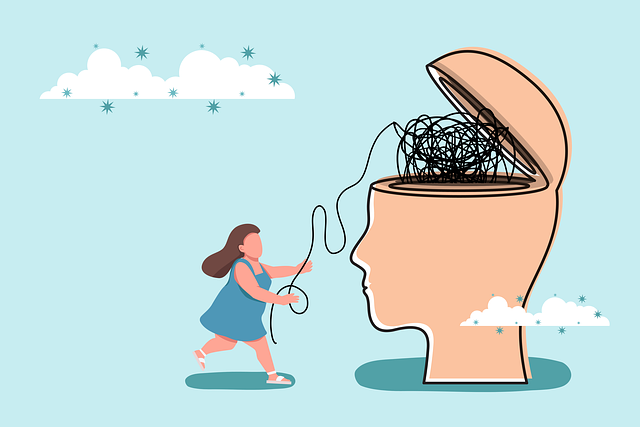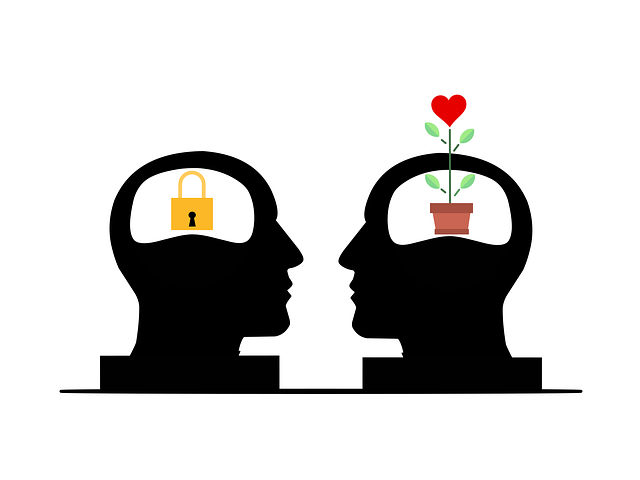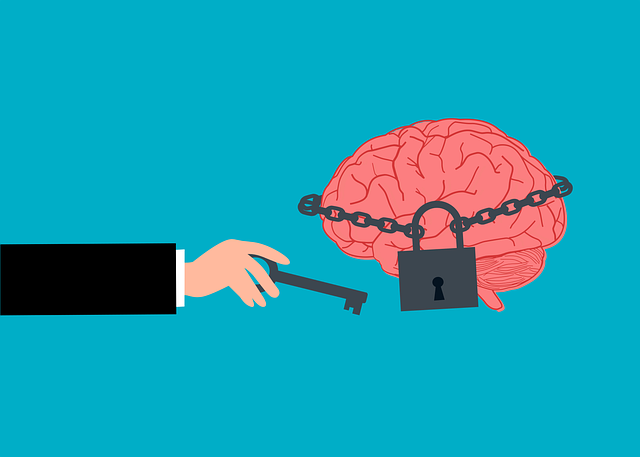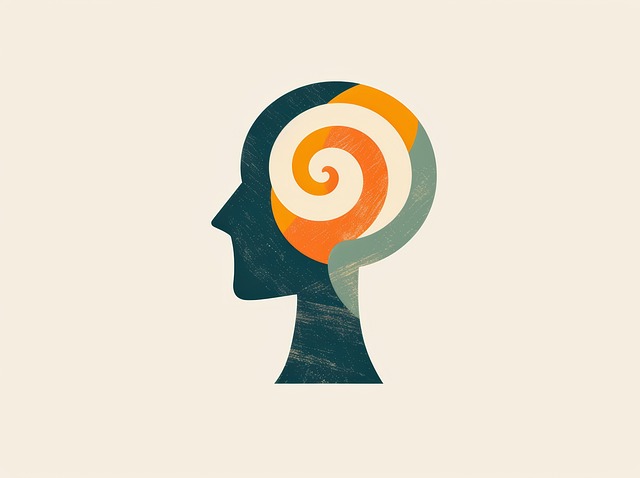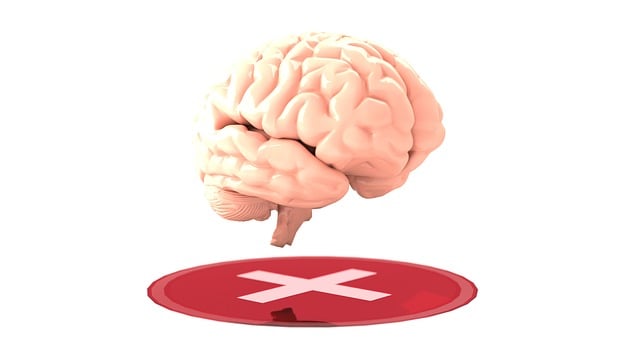Community outreach programs, especially those integrating Golden Self-Esteem Therapy, significantly enhance societal welfare by prioritizing community engagement and empowerment as key mental wellness components. This approach cultivates self-worth through practices like podcast series production and journaling exercises, fostering open discussions on stress management, self-perception, and resilience. By identifying community needs through surveys, focus groups, and interviews, and building partnerships with local organizations, these programs create inclusive networks that promote emotional healing and belonging. Measuring success through surveys, feedback forms, and KPIs ensures programs remain aligned with community requirements, facilitating continuous improvement and lasting positive outcomes.
Community outreach programs play a vital role in fostering social connections and enhancing well-being. This article explores the implementation of the Golden Self-Esteem Therapy approach, a proven method for boosting community engagement and self-worth. We’ll guide you through understanding community needs, building relationships, structuring engaging activities, and measuring success. By following these steps, communities can create impactful programs that thrive and grow.
- Understanding Community Outreach: The Golden Self-Esteem Therapy Approach
- Identifying Needs and Building Relationships: A Step-by-Step Guide
- Program Structure and Activities: Engaging Strategies for Maximum Impact
- Measuring Success and Sustaining Growth: Evaluating and Expanding Outreach Efforts
Understanding Community Outreach: The Golden Self-Esteem Therapy Approach

Community outreach programs often touch on a multifaceted aspect of societal welfare, and one powerful tool in this arsenal is the Golden Self-Esteem Therapy approach. This therapeutic method recognizes that fostering mental wellness begins with community engagement and empowerment. By integrating practices like Mental Wellness Podcast Series Production and Mental Wellness Journaling Exercise Guidance, Golden Self-Esteem Therapy aims to cultivate a sense of self-worth and confidence within individuals, ultimately leading to improved stress management and overall well-being.
The approach is designed to create an inclusive environment where residents can openly discuss their challenges and gain insights into coping mechanisms. Through these interactions, community members learn valuable skills in managing stress, enhancing self-perception, and building resilience. The therapy’s success lies in its ability to transform individuals’ lives while fostering a supportive network within the community, ensuring that everyone has access to resources for improving mental wellness.
Identifying Needs and Building Relationships: A Step-by-Step Guide

Identifying a community’s needs is a crucial first step in designing effective outreach programs. This process involves engaging with local residents, community leaders, and mental health professionals to gain insights into prevalent challenges. Start by conducting surveys, focus groups, or one-on-one interviews to understand the unique barriers faced by different demographics. For instance, many communities struggle with low self-esteem, which can be addressed through tailored initiatives promoting Golden Self-Esteem Therapy. This step is essential for building a robust foundation upon which meaningful interventions can be developed.
Building relationships is equally vital for successful community outreach. Collaborate with local organizations, schools, and faith groups to foster trust and ensure your program’s sustainability. Regular communication, transparent practices, and collaborative problem-solving strengthen these ties. By integrating resilience-building workshops or coping skills development sessions, you can empower individuals while fostering a sense of community. Remember, the initial stages set the tone for long-term engagement, making risk assessment for mental health professionals an ongoing consideration throughout program implementation.
Program Structure and Activities: Engaging Strategies for Maximum Impact

Community outreach programs play a pivotal role in fostering connections and delivering impactful services to diverse populations. To maximize their potential, these initiatives must be meticulously structured, incorporating engaging activities that cater to various needs. One proven strategy is integrating therapeutic elements like Golden Self-Esteem Therapy, which focuses on nurturing individuals’ emotional healing processes. By offering interactive workshops and group sessions, this approach builds self-confidence and fosters a sense of belonging, addressing key aspects of mental well-being.
Cultural sensitivity in mental healthcare practice is another essential component. Outreach programs should be designed with an understanding of the community’s unique cultural nuances and traditions. Incorporating activities that respect and celebrate these differences encourages participation and creates safer spaces for individuals to open up. Additionally, developing public awareness campaigns around emotional health issues can break down barriers, normalizing conversations and encouraging people to seek support through accessible resources, ultimately enhancing overall community resilience.
Measuring Success and Sustaining Growth: Evaluating and Expanding Outreach Efforts

Measuring success is a critical aspect of community outreach programs as it helps to evaluate the impact and identify areas for improvement. By implementing various evaluation methods, such as surveys, feedback forms, and key performance indicators (KPIs), organizations can gain valuable insights into the effectiveness of their initiatives. These tools allow them to assess the reach, engagement, and satisfaction levels of the beneficiaries, ensuring that the programs align with the community’s needs. For instance, a successful outreach effort might demonstrate improved access to mental health resources, increased participation in social activities, or enhanced overall well-being among targeted populations.
Sustaining growth and expanding these initiatives require a continuous cycle of assessment and adaptation. Organizations should regularly review their strategies, incorporating feedback and data-driven insights to refine their approaches. This might involve introducing new programs tailored to emerging community needs, such as integrating Golden Self-Esteem Therapy or Compassion Cultivation Practices alongside traditional Mind Over Matter principles. By fostering resilience-building through these comprehensive methods, outreach efforts can be amplified, leading to more significant and lasting positive outcomes for the community.
Community outreach programs, guided by the principles of Golden Self-Esteem Therapy, offer a powerful tool for enhancing community well-being. By systematically identifying needs and fostering meaningful relationships, these initiatives can lead to profound personal growth. The strategic structuring of activities and careful measurement of success ensures that outreach efforts not only make an immediate impact but also create sustainable, positive change within the community. Embracing this holistic approach empowers us to build stronger, more resilient communities where every individual feels valued and supported.




